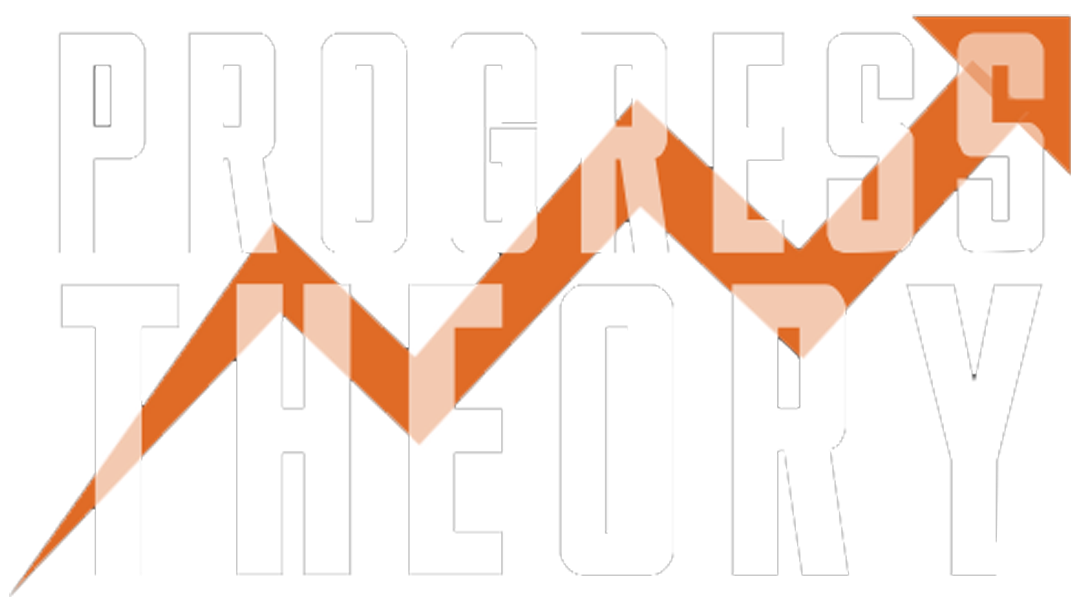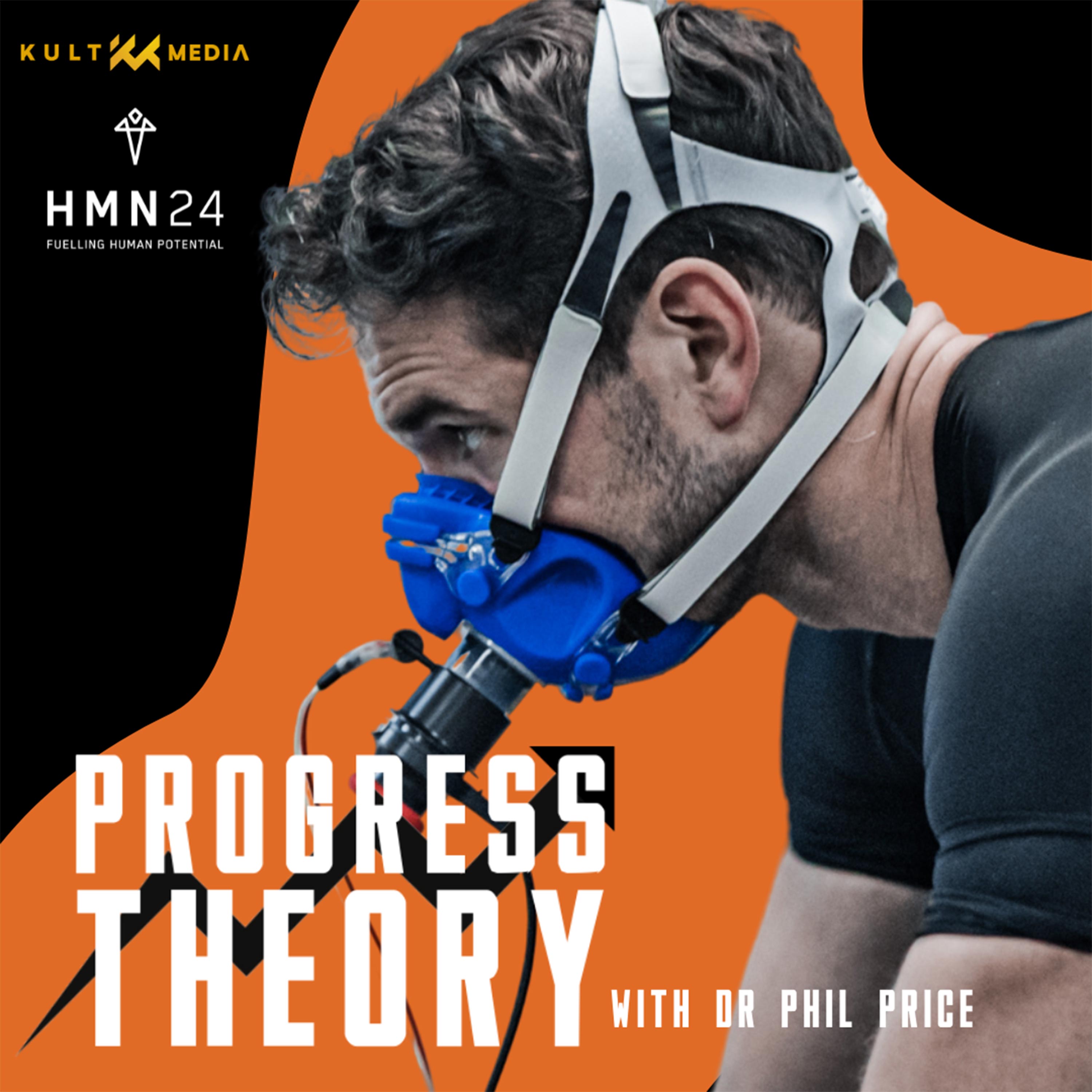Elite Athletes and Psychopathy: Myths, Misconceptions, and Media Glorification
Hello, and welcome to the progress theory where we discuss scientific principles for optimising human performance. I am Dr Phil Price and in this episode, we are joined by a roundtable of researchers in forensic psychiatry. We have Jill Colangelo, Dr Alexander Smith, and Professor Michael Liebrenz, all who are researchers in forensic psychiatry from the University of Bern. Now if you take the whole population, we know that a very small subset of them probably have psychopathic traits.
Now if we took that subset not from the whole population, but from certain environments or professions such as surgeons or CEOs, we start to see that they have a higher prevalence of psychopathic traits. What about elite sport? How prevalent is psychopathy in elite sport? So that's where we brought this roundtable together so we learn a bit more around psychopathy. What are the pros and cons of psychopathy in certain environments, and how can we identify if we have psychopathic traits?
This is quite a serious discussion. So if you feel that you have been affected by any of these topics in this discussion, please check out our show notes because we have several links there which can help.
In this episode, we discuss:
- 00:00 Exploring Psychopathy in Elite Sport
- 04:34 Sports Psychiatry Research Journey
- 08:17 Distinguishing Traits from Disorders
- 10:16 Psychopathy: Subset of Antisocial Disorder
- 14:32 "Inevitable Duality of Psychopathic Traits"
- 18:13 Athletes' Traits and Mental Health
- 23:19 Research Limitations on Athlete Privacy
- 24:25 Ethical Issues in Mental Health Diagnosis
- 30:14 Media's Heroic Portrayal Critiqued
- 32:48 Narcissism in Amateur Athletes
- 35:48 Mental Health Awareness vs. Advertising
- 41:00 Increased Accountability in Public Life
- 43:28 Surprising Lack of Psychopathy Awareness
- 45:56 "Charisma and Its Impact"
- 50:32 Charismatic Traits and Social Disruption
- 53:20 "Recognising and Understanding Abusive Traits"
Takeaways
Psychopathic traits aren’t always what you think: While often misunderstood, these traits include charm, manipulativeness, and a lack of empathy. Importantly, possessing traits is not the same as having a clinical diagnosis. The spectrum is wide, and some traits, like fearlessness or dominance, can sometimes benefit performance—but rarely exist without downsides.
The ‘bad boy’ image may have a cost: Media and cultural narratives often glamorise ruthlessness and rule-breaking in sport. While these can lead to short-term wins or headlines, the same traits can spill over into negative behaviours—impacting both personal relationships and the integrity of sport.
Awareness and education are critical: There’s a growing need for coaches, organisations, and athletes themselves to recognise these patterns—not just to improve performance, but to create healthier sporting environments. It’s also vital not to make "armchair diagnoses" but rather understand the complexity and seek professional guidance when needed.
FOLLOW OUR PODCAST
Follow our Host / Guest
Explore these Resources or Items Mentioned in the Show
- https://en.wikipedia.org/wiki/Goldman%27s_dilemma
- https://www.designrush.com/news/nike-launches-star-studded-am-i-a-bad-person-spot
For all our other episodes and to get in touch, please visit www.theprogresstheory.com.
Thanks for listening!
This podcast is hosted by Captivate, try it yourself for free.
KULT Media 2023
Mentioned in this episode:
The Science of Hybrid Training
It was originally thought that you could not effectively train for both strength and endurance at the same time because they required different adaptations which were not compatible with each other. It was claimed that ‘an interference effect’, blunted the adaptations for strength if you simultaneously trained for endurance. However, recent developments in sports which require both strength and endurance have really challenged this idea, with hybrid athletes producing impressive performances in both strength and endurance sports together. This had led scientists, coaches, and athletes to rethink what is humanly possible and suggests the interference effect is not as influential as originally thought. But what is a hybrid athlete? What is the ‘interference effect’? And how can we maximize our training to improve at the same time our strength and endurance performance? In this book, Dr Phil Price provides insight into the misconceptions surrounding strength and endurance training by distilling the past 50 years of research and drawing on the conversations he had with great scientists, coaches, and athletes on The Progress Theory podcast. This book is essential reading for hybrid athletes and coaches who are looking to understand the key training variables and their effect on the simultaneous development of strength and endurance performance.
Progress Theory Newsletter
The Progress Theory newsletter. If you want the latest information and recommendations on how to optimise your physical and mental performance, then subscribe to the free Progress Theory newsletter on Substack today. Click the link in the show notes and subscribe to get the best information on human performance sent straight to your email. https://theprogresstheory.substack.com/ Sign up today.
Podcast Produced By KULT Media
Before we wrap up, I want to give a shout-out and my thanks to my production partner, Kult Media. If you are thinking of launching a podcast or want to grow your audience, head to www.kult.media to get started today.

